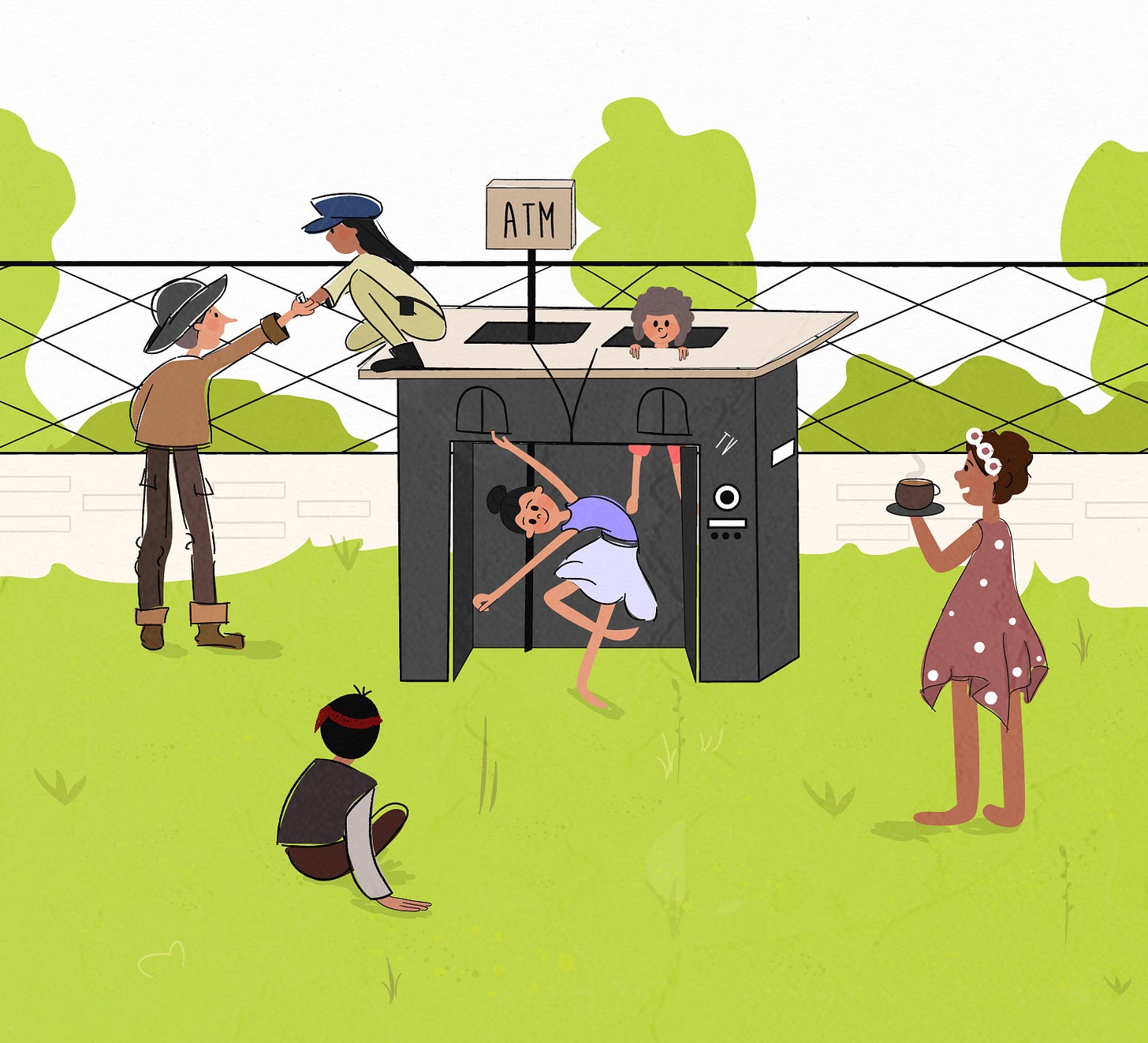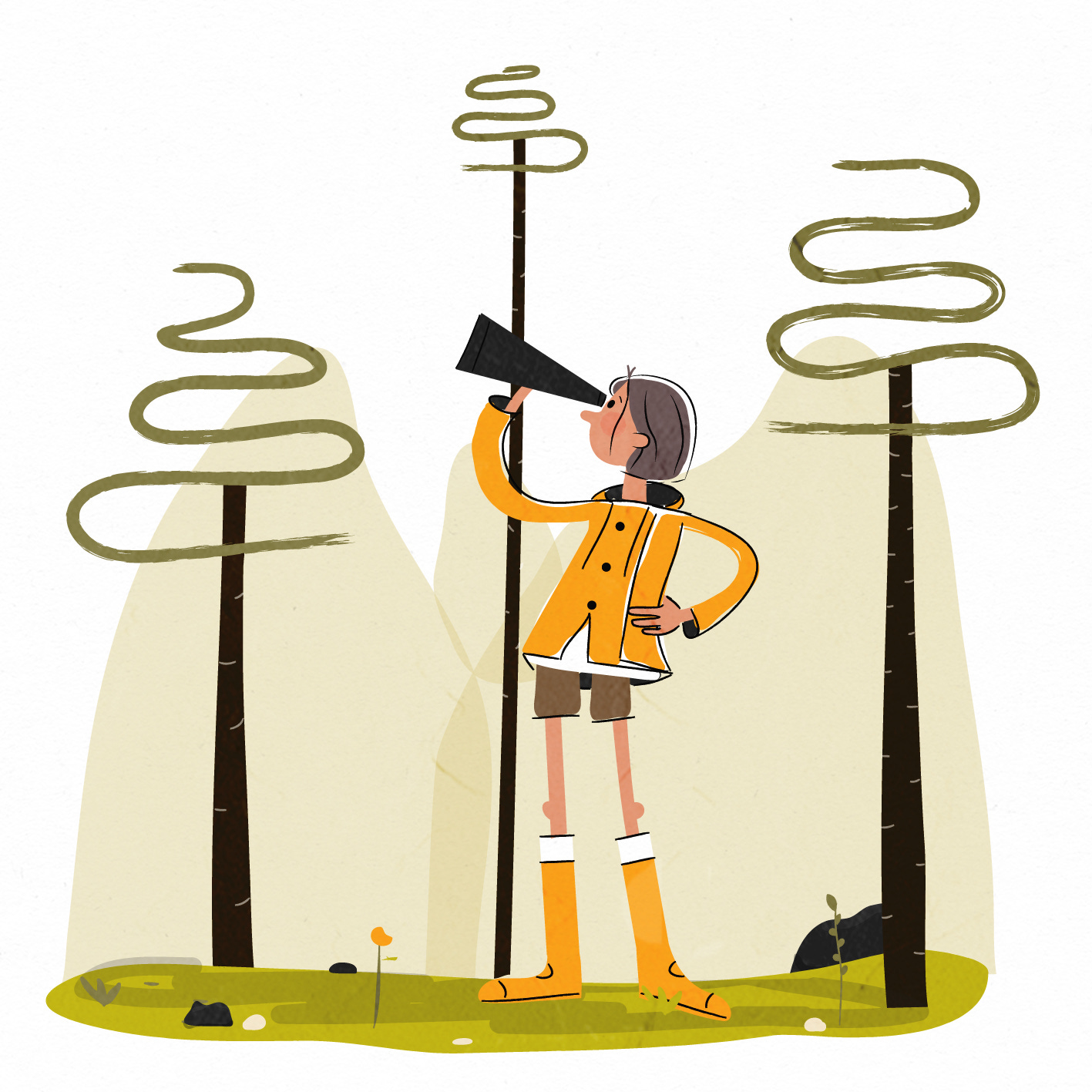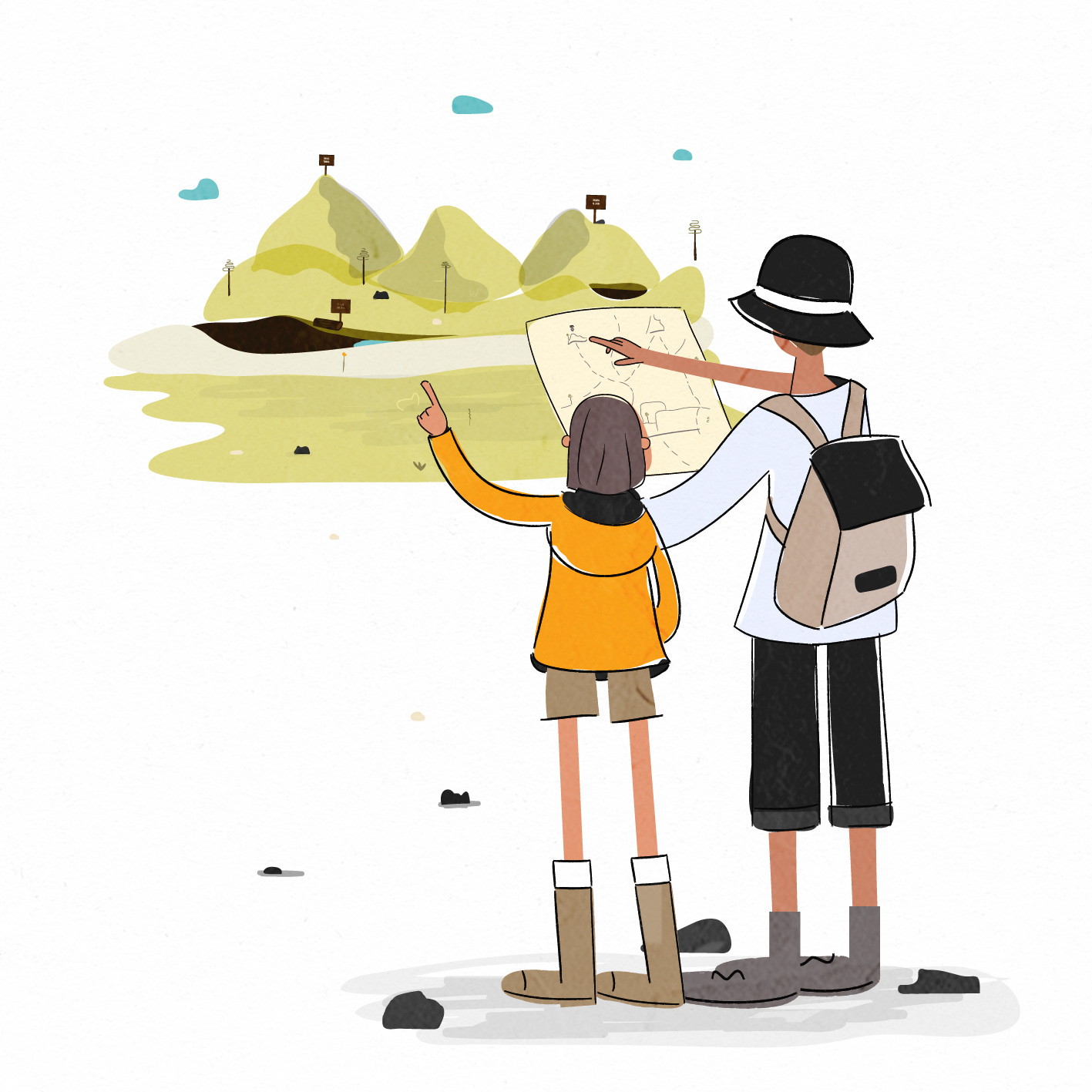How do we enable playful learning?
The Comini Way
There’s an old wooden computer desk on our terrace at Comini. We had square holes cut out to put in two Ikea trays (I forget why). Those trays are no longer in, so what we have is a table with two large holes at the top and a small rectangular one at the back, the one used to pass wires through. And this is somehow the favorite setting and stage – in a place overflowing with playthings of every kind - for kids to transform with their imagination. The holes become windows and doors to a house where they become bickering brothers and sisters. They become TV characters literally inside a television set, enacting their latest mythological science-fiction absurdist fantasy to a rotating cast of audience members. The table has also been an ATM, a hotel, a salon and a restaurant. To many adults, this is kids just doing their thing. Play, we label it, and move on with our busy lives.
Every school and parent tries to set their children up for success. That includes the most conventional of schools as well. Implicit in that word “success” is a metaphor for a child and a model for the world. The child is a vessel that must be filled with knowledge and the world is a rat-race, says the traditional schooling system.
We started Comini because, like so many other parents, we did not buy into this worldview. We see the world as one full of abundance for all. We are privileged to live in a time and place where this is largely true. We see the child as an explorer, one who not only explores the world laid out in front of them but also actively engages with it, makes sense of it, and manufactures meaning from it.
When you look at school through this lens, it becomes easy to see why standardized teaching and testing make no sense. But what should replace it? How and what should we teach?
Wait, should we even teach?
We are now two years into running Comini and we see on a daily basis how teaching, with all the historical baggage it lugs along, is the wrong approach and word.
We see daily how kids are just wired to explore and learn – through play. Neuroscience backs this up, and so do (we’d guess) your parental intuitions. Researchers have sliced and diced it into bins and given them names like messy play, risky play, role play, and of course pretend play - the kind our impractical table so ably supports. Play is whatever children are keen to do on their own. In doing this, children are making sense of the world and creating meaning. What happens when I do this to that? What does this person do? How do they perform their roles and exercise their authority? How do they - in Liam Neeson’s paternal words - use their very particular set of skills?
Our most important role then is to step back and let this exploration and discovery unfold. Psychologists draw a distinction between discovery learning and mastery learning. Neuroscience tells us it’s a dance between the two. So we become gentle choreographers.
We hear the anxious chirps of parents. But how are they going to learn all the important stuff like math and reading, and biology and chemistry? Don’t we have to sit them down at some point and drill it into their initially unwilling minds?
Listen to this. What do you hear?
Did you realize that there are three words in there - scent, cent, and sent – that actually sound exactly the same? What class did you have to sit through to be able to listen to these arbitrary vibrations rippling out through your speaker and transform and parcel them into three different meanings?
We give ourselves far too little credit! Our minds come equipped with amazing tools. They can perform all kinds of fantastical feats without having to be put through drills in classrooms.
The working definition of learning within the narrow view of our traditional system—a definition we’ve come to unconsciously adopt—is something that lets us know how to do something: know-how. We came to think of learning as something we can see and measure because well, do you know how to do it or not? We’ve institutionalized the drilling and measurement of these surface competences like multiplication tables, i-before-e-except-after-c, names of presidents, poets, and planets because we simply had no idea what was going on underneath.
We know more now. There’s a lot going on inside before know-how emerges on the surface. Visible competences emerge after deeper, invisible skills solidify. We cannot read until we have developed our phonological working memory. We cannot really grasp multiplication without a number sense in place. Play helps us model the world we live in while building these foundational skills.
Play can also mean a playful exploration of even the most seemingly abstract topics. Consider how leached of joy our classroom encounters with chemical compounds, microbiology and photosynthesis were. All of these could be explored by quite literally playing with mud and planting in it, seeing seeds grow into ecosystems and allowing for a multitude of microorganisms to thrive. Starting there, in the mud, allows for meaning and motivation to flower.

Be a guide on the side, not a sage on the stage
So, what we do is guide, not teach. We do so keeping in mind that we are not experts. We merely have a few more yards and years of exploration on us. We both guide and learn along at the same time. To be an adult is to be a little more experienced in navigating the world. Experience that brings efficiency, but efficiency that comes at the cost of quick judgments, closing us off to learning. Children allow us to see, listen, feel anew again with our preconceptions toggled off. What a gift that is!
“If a child is to keep alive his inborn sense of wonder, he needs the companionship of at least one adult who can share it, rediscovering with him the joy, excitement, and mystery of the world we live in.” —Rachel Carson
So what is success for us then? Where must the exploration and discovery take us? The funny thing about exploration is that in making sense of the world, we are also constructing a self, an articulate identity. We have the gift of consciousness and self-awareness. We metabolize miracles daily from the light of our sun.
We do not merely react to the world; we reshape it. We create. We imagine what can be instead of adapting to what is. We see possibilities when all there is, is a table with holes.
We are purposeful beings in a world of abundance. A world we created. What that purpose is, we must discover for ourselves. Success isn’t discovering it but the journey itself. That is the message we try to live by and bring to life everyday. And that is what we ultimately strive for – to enable playful, purposeful living.







